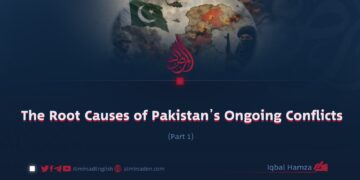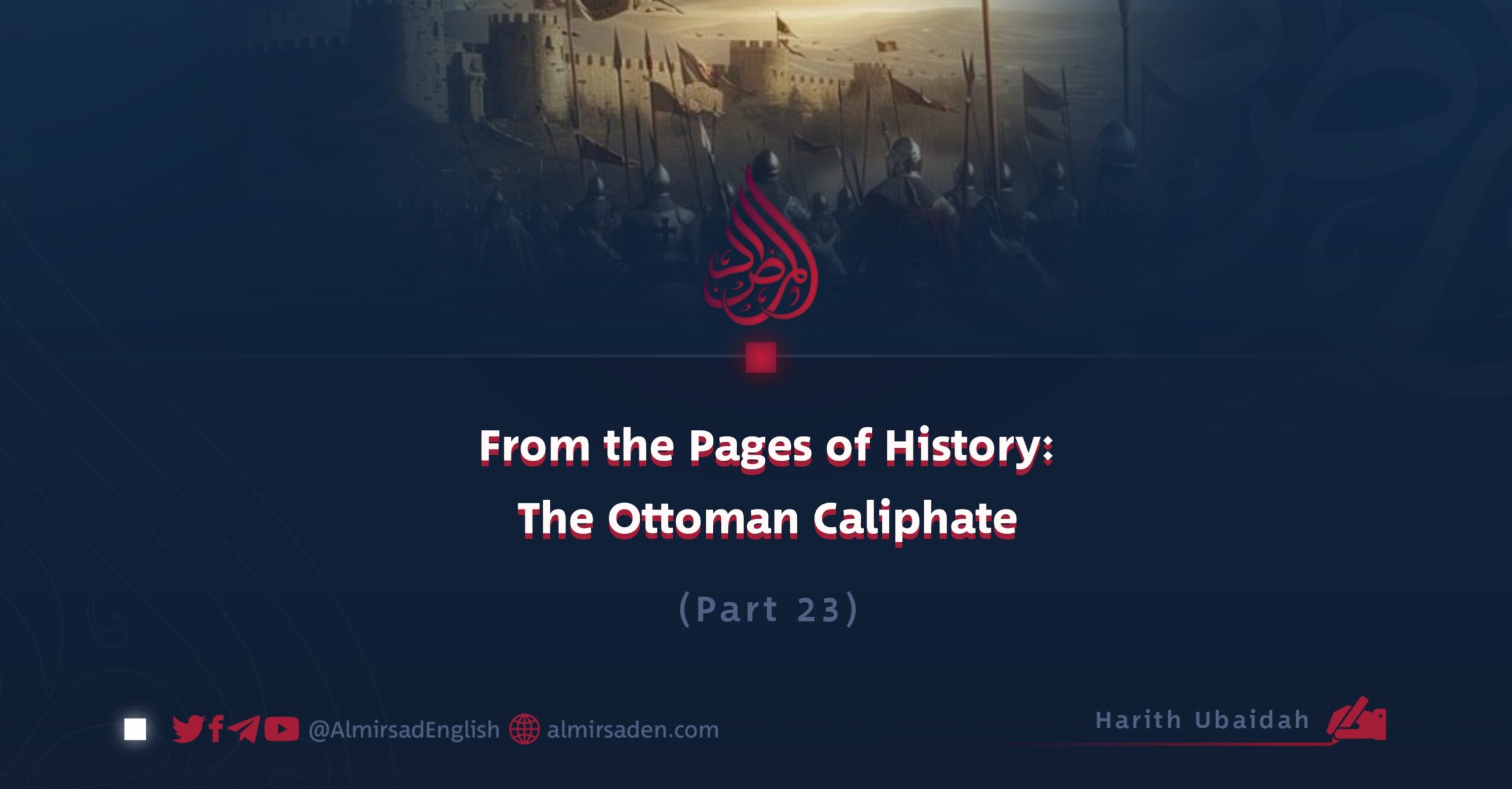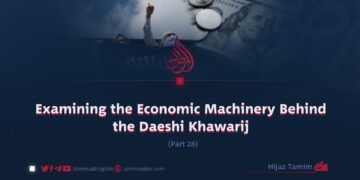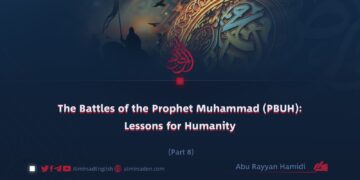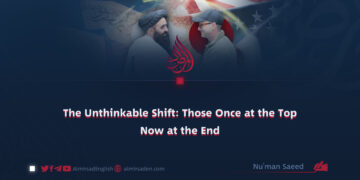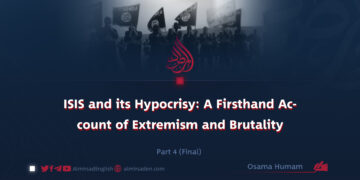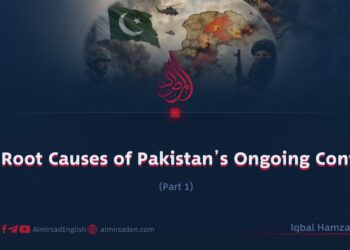Part 23
Harith Ubaidah
Sheikh Bedreddin’s Defiant Misguidance
Sheikh Bedreddin remained unwavering in his misguidance, convinced that he could establish dominance over a region already devastated by relentless attacks. Lawlessness and insecurity prevailed, and he saw an opportunity to propagate his deviant ideology. He proclaimed: “I strive to spread my creed across the world, a creed which I believe is divinely inspired and acceptable. I will divide the world between my two disciples through the power of secrecy. I will abolish the legal schools and the doctrines of the followers of taqlīd and will declare some of what Shariah has forbidden to be permissible.”
This heretic and apostate was supported by the ruler of Wallachia (present-day Romania). Sultan Mehmed Çelebi, a wise and vigilant leader, was well aware of Bedreddin’s materialist and subversive nature. Recognizing the threat he posed to Islam and the state, the Sultan sought to neutralize him. Eventually, Bedreddin’s influence was suppressed, and he fled to Deliorman, a region in what is now Bulgaria.
Historian Muhammad Sharaf notes that Deliorman and its surrounding regions had long served as strongholds of esoteric sects and had been the center of Baba Ishaq’s rebellion against the Ottoman Empire during the mid-seventh century Hijri. Bedreddin’s strategic relocation, the rapid mobilization of his followers numbering in the hundreds of thousands, and his swift control over the area strongly suggest that this move was deliberate and calculated.
European support for Bedreddin flowed steadily in Deliorman, allowing the rebellion to spread across a wide front. The number of his followers and other enemies of Islam swelled to seven or eight thousand, significantly escalating the threat to the Ottoman state.
Sultan Mehmed I, known for his intellect and careful deliberation, did not appoint a subordinate to lead the campaign against Bedreddin and his heretical movement. Instead, he personally assumed command, assembled a large army, and marched to suppress the insurrection. He gathered his forces in Serres, now part of modern-day Greece, and advanced toward the rebels.
A fierce battle ensued between the two forces. The rebels were ultimately defeated, and Bedreddin, their leader, went into hiding to escape the Sultan’s wrath. However, the Sultan’s soldiers, demonstrating keen intelligence and resolve, infiltrated the ranks of the rebels and eventually succeeded in capturing Bedreddin.
When Bedreddin was brought before Sultan Mehmed, the Sultan asked, “Why has your complexion turned pale and then red?” Bedreddin responded, “Whenever my master commands, redness meaning dominance prevails.” The scholars of the empire then held an open and extensive debate with him. In the end, he was found guilty under Islamic law and sentenced to death.
The false doctrines and esoteric ideas promoted by Bedreddin bore striking resemblance to what would later emerge as the Judeo-Masonic ideology. This movement, in the fifteenth century Hijri (corresponding to the twenty-first century CE), would be promoted with great fervor. It sought to eliminate all distinctions between Muslims and followers of deviant sects under the pretext of building a so-called “unified nation.”
The advocates of this so-called Unity of Religions presented it as a noble path toward harmony and alliance. However, such ideas are fundamentally incompatible with Islamic belief. Islam clearly states that genuine friendship and brotherhood cannot exist between Muslims and non-Muslims. How, then, can a bond of fraternity be formed between those who wage war against Allah and His Messenger (PBUH) and the believers who uphold the banner of Tawheed (monotheism)?
Sultan Mehmed I also had a deep appreciation for literature and the arts. He is remembered as the first Ottoman ruler to initiate the tradition of sending the annual al-surra, a distinguished monetary gift, to the Emir of Makkah. These funds were designated for distribution among the impoverished and needy of Makkah and Madinah, reflecting both his political foresight and his commitment to the welfare of the Two Holy Cities.













